I don’t know about you, but I feel like I must have been out sick the day marketing for therapists was taught in college!
Maybe you felt a bit confused about the next step once you got your piece of paper and graduated.
If that sounds like you, you’re in luck. I have an honours degree in business, and I have plenty of ideas around marketing for therapists and coaches, even if (like me) you’re an introvert.
In this post, I’m going to share real-life examples of marketing for therapists that worked for me.
The thought of marketing your practice might make you feel queasy. If so, I want to reassure you that you absolutely can get more clients in a way that doesn’t push you too far out of your comfort zone.
😱😱And if you’ve got the heeby-jeebies, don’t worry, you don’t have to go on the 9 o’clock news to promote what you do (unless you want to)!
Marketing for Therapists and Coaches: Positioning Yourself
✅ Decide who you want to work with and what issues you like helping with. Men? Women? People struggling with …? You get to choose!
If you have a specialist area e.g. self-worth make that really clear. You don’t have to tick every box on the online directories when you’re filling out your profile. Ethically, it’s better if you don’t.
Equally, it’s more likely that other practitioners will make referrals to you if you have a specific specialist area.
✅ How do you like to work? Online? Face-to-face? A mixture of both? Do you prefer long-term and person-centred? A more directive style? Make your office hours clear on your website. Think about the caseload that works for you and your bandwidth.
✅ Set your prices (you can always revisit these). This one can be particularly tricky, especially if you’ve worked in low-cost centres. If you are working in private practice, remember that there ARE clients who can afford to work with you.
What would you need to charge in order for your sessions to make financial sense? Remember that you’ll also need to spend time marketing, doing admin and book-keeping and you won’t get paid for those activities. You also need to factor in client cancellations and seasonal dips, e.g. Christmas breaks.
✅Work out how many clients a week would be a good fit for you.
If you’re not used to working for yourself, it can take a while to get your head around the fact that you get to decide your working hours.
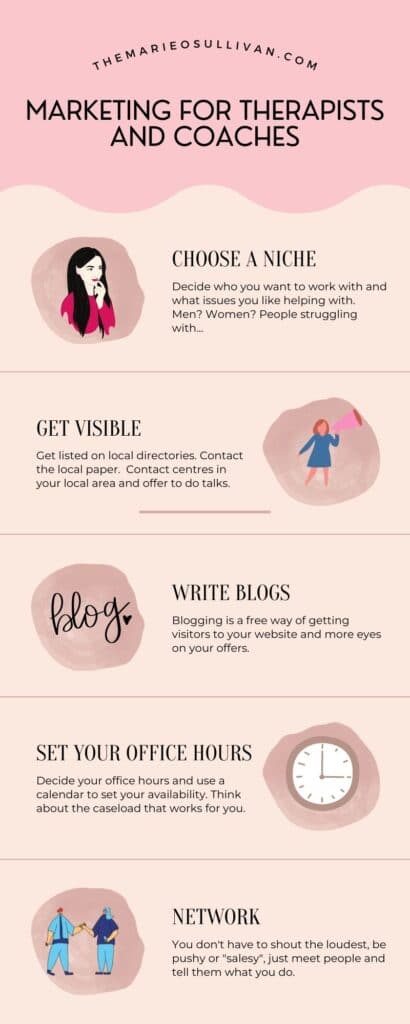
Real-life Examples of Marketing for Therapists and Coaches
Here are some marketing ideas that worked for me:
✅ Blogging and writing articles – I was a guest expert for a magazine in my niche
✅Delivering workshops online and face-to-face
✅ Writing and delivering CPD courses online and face-to-face
✅ Contacting Centres in my local area and offering to do talks
✅Getting to know other small business owners
A Note on Networking
For a long time, I resisted networking because I was worried that it would feel very false. I didn’t want to go to events that felt corporate or not very “me”.
I definitely didn’t want to go to things where people would be looking over my shoulder looking for someone more useful to talk to. Or to swap business cards or to feel like I was being sold to by everyone else.
I just wanted to chat and get to know people and make a connection.
It was a relief to discover that I could do my marketing in a way that worked for me. You can too! You mightn’t have looked at it like this before, but actually, as a therapist or coach, you have a unique advantage when it comes to marketing.
You have an insight into what other people need help with. You have empathy for your clients and you wouldn’t dream of engaging in pushy sales tactics.
Marketing is really about helping people to feel understood and letting them know that you exist.
Does that come as a relief? You don’t have to shout the loudest, be pushy or salesy, you just have to put yourself out there enough so that potential clients are aware of you.
It might be as simple as getting listed on local directories – this helps your website to get found online
Here are Some Directories you Might like to Consider:
- onlyholistic.com: holistic therapists directory – listings for healers, counsellors and coaches (paid, small fee)
- counsellingandtherapy.com: free and paid listing options for counsellors and psychotherapists
- iacp.ie
- gettherapists.com: listings for counsellors and coaches
- psychologytoday.com: listings for counsellors, first six months are free
- lifecoachhub.com: listings for coaches, free and paid options
- www.noomii.com: coaching directory, free and paid listings available
- therapyhub.ie: listings for counsellors, free
✅Contact the local paper and let them know you exist
✅ Let people know about your practice. That sounds really simple, but we often forget to do it.
✅Change your social media profiles. Think about the platforms that might appeal to you. Maybe LinkedIn feels like a fit for you in terms of networking with others who work in your field?
✅If you have a website, don’t expect it to be on Page 1 of Google without a bit of work. The good news is that there’s lots that you can do to help your website rank.
Blogging is a very powerful way of helping people to get to know what you do. You can raise awareness about how you can help and reduce the stigma around your work by normalising it.
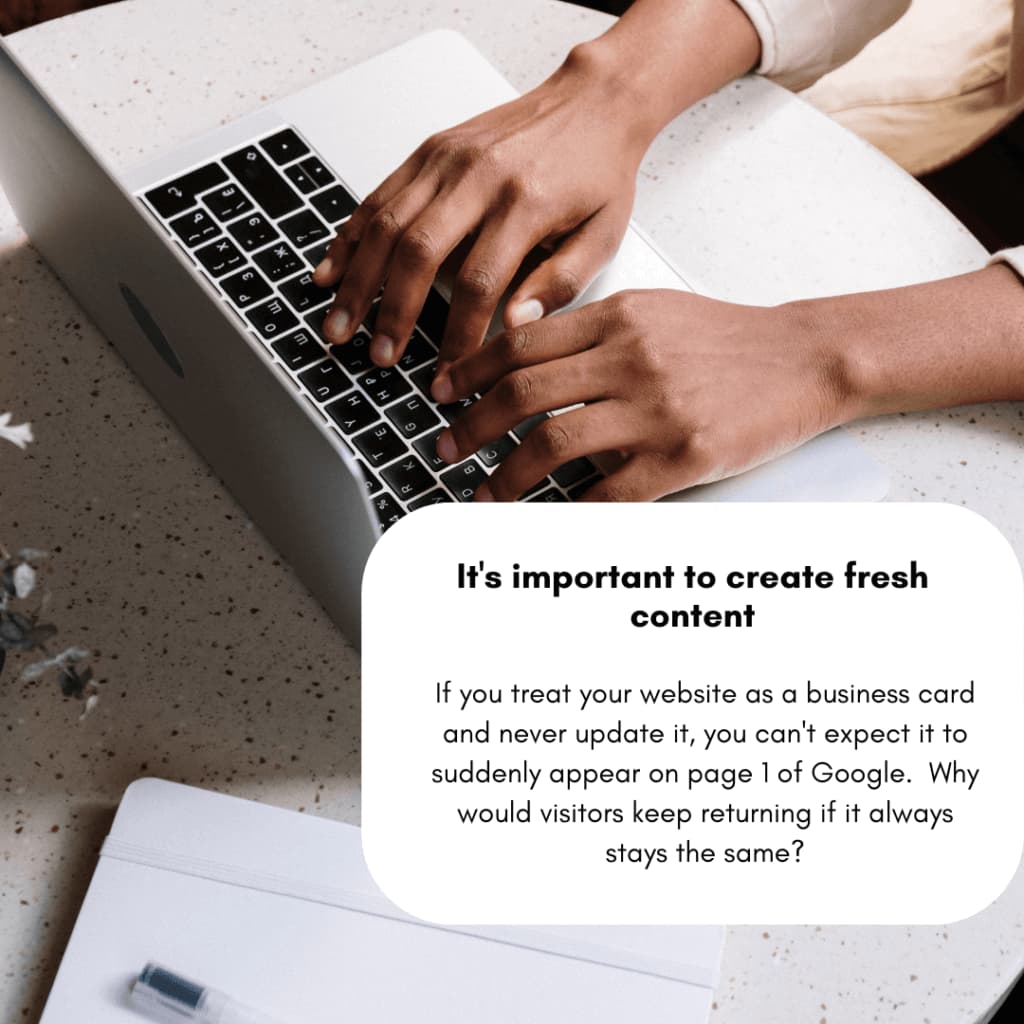
Why Do We Need to Market What We Do?
Marketing Can Help your Clients
Think about how you felt when you were going for your first session. Or imagine how you might feel if you were going to a new dentist for the first time.
You’d want to go to someone who felt like a good fit for you. Your potential clients feel the same. Coaching and therapy are all about the relationship. Marketing can help to give someone a feel for whether you’re the right person for them.
Marketing can also be as simple as explaining what it’s like to get started working with you. How do they get in touch? Should they leave a voicemail if you don’t answer the phone? What if you ring them back and they can’t answer because they can’t talk freely?
Marketing and psychoeducation can help people to recognise that they need to access support. It can take a while for a client to get in touch. When you keep appearing on their radar it can help them to feel safe enough to get in touch. Don’t forget that when you create SEO-friendly content on your website, it can also make marketing much easier for you because you’ll be found by people who are already searching for what you do.
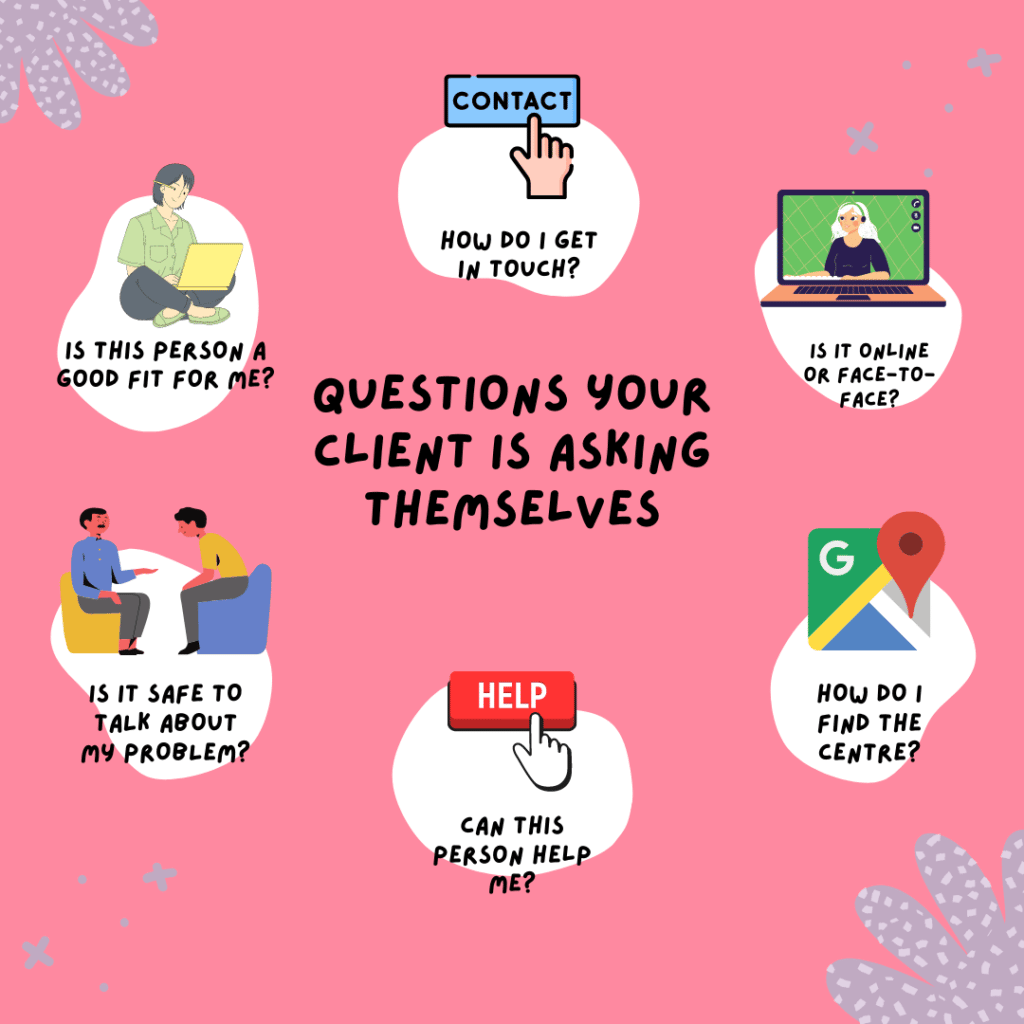
Offline Marketing Activities
I came back and edited this post because recently clients I’ve been working with have been telling me they feel burned out by social media. If that’s the case for you, or social media just doesn’t feel like a fit, I just want to reassure you that you don’t have to do anything that doesn’t feel authentic.
To me, social media is just a doorway. It can give people a sense of you. But in my mind, connecting with you in person (or online in real-time) beats social media hands-down. So don’t be afraid to connect with humans in real life. There’s a lot to be said for traditional marketing methods that worked before social media or websites even existed.
Here are some ideas:
- As you go about your day, don’t forget to tell people what you do
- If you’re having a coffee, ask them if they have a notice board or if it would be ok to leave your flyer at the till
- Don’t underestimate the power of a noticeboard in your local shopping centre
- Drop a leaflet into your GP’s office
- Connect with Family Resource Centres
Marketing Can Help You
Consistent marketing can help to ease your anxiety about having enough clients and enough money in the bank.
I hope you found these tips on marketing for therapists and coaches helpful. If there are any I’ve forgotten or you have a suggestion that worked for you, please let me know, I’d love to hear it.
P.S. Don’t forget to ask current clients how they heard about you – it helps you to get an insight into the marketing efforts that are paying off.
Check your Google Search Console and Google Analytics for stats about how people find your website. For example, I’ve personally noticed that I get fewer visitors from Instagram, but they tend to stick around longer. These metrics help you to work out which platforms are worth investing time and energy in.
You may also find that client inquiries spike after publishing (and promoting!) a blog post, featuring on a podcast or running a Google ad – Google Search Console can help you to figure out the platforms that work best for you.
And when you’re ready, I’d like to invite you to join my Tech Membership where I have click-by-click walkthroughs helping you to set up your Google Search Console and Google Analytics so that you can measure these stats.

About the Author
Marie O’Sullivan
MIACP, B.A. Business and Languages, B.Sc. Counselling and Psychotherapy, M.Sc. Child and Adolescent Counselling, PGCE, Dip Personal, Leadership and Executive Coaching, Dip IT, Dip Web Design, SEO Specialist Certification.
Marie O’Sullivan is a Counsellor and Web Designer who loves helping other therapists and coaches to connect with more clients and impact more lives.




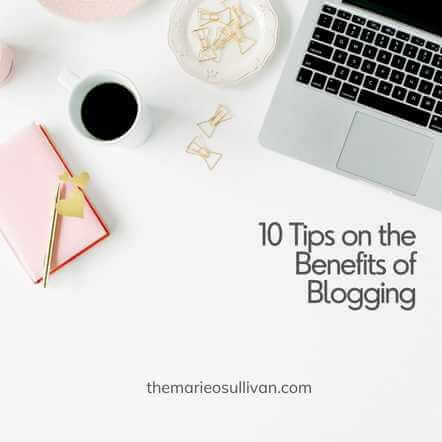
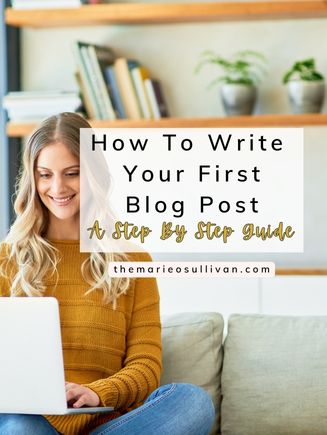
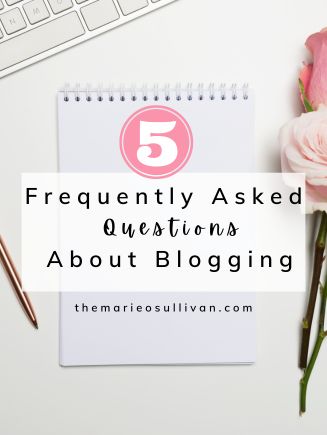
Hi Marie, Yes, this was helpful for me as I’ve been struggling with trying to figure what’s the best way for me to apply marketing, that feels right for me. I feel I’m leaning towards introvert . I have recently got a handle on blogging, with SEO & Readability. I now need to work on making the blog more relevant to the people reading it. Your point ” Marketing is really about helping people feel understood and letting them know you exist” is something I need to reflect on. Thank you it was really helpful. Elsie.
Thank you Marie for another insightful blog.
I always found it a bit awkward to promote myself in different places. This blog is perfect for me and will keep coming back.